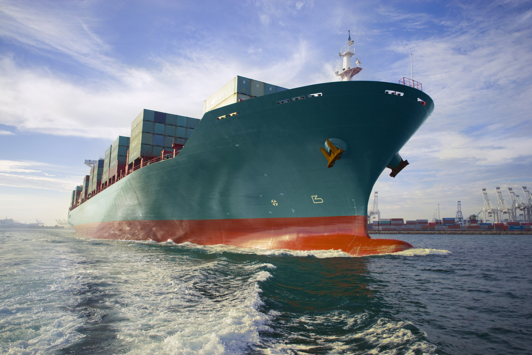As the lead agency in Western Australia responsible for the management of aquatic pests and diseases, the department encourages best practice to prevent the introduction and establishment of invasive marine species (IMS).
The Australian Government is responsible for the management and monitoring of ballast water exchange at the international border. For national requirements for ballast water management, visit the Australian Government’s Department of Agriculture website.
The potential for invasive marine species (IMS) transferred through biofouling to cause harm has been recognised by many international organisations. Best practice vessel management for marine biofouling not only prevents the introduction and spread of IMS but also provides economic benefits including lower fuel consumption, increased vessel performance and speed, extended life of vessel and gear, and reduced costs for maintenance and emergency responses to translocation of an IMS.
Vessel operators should comply with relevant policies, legislation, and guidelines before travelling into and within the waters of Western Australia to keep the risk of transporting IMS to an acceptable (low) level.
Vessels from interstate and overseas may be subject to inspection by Fisheries and Marine Officers and prosecution could result if marine pests are detected. The cost of remediation and delays in your vessel’s scheduled activity can also be considerable.
Vessel managers can demonstrate that they are taking reasonable measures to minimise the chance of introducing or translocating IMS via their vessel by consistently using a biofouling management plan and record book.
The Australian Government has set out Australian biofouling requirements for vessel operators for the management of biofouling when operating vessels under biosecurity control within Australian territorial seas, to comply with the Biosecurity Act 2015.
When planning each vessel movement into WA from interstate or overseas, we encourage carrying out pro-active management actions well in advance of departure. This is to allow time to plan for and carry out management actions, if required, or to coincide with regular maintenance plans.
Australian biofouling requirements
In-water cleaning of vessels can manage biofouling to optimise the performance of vessels and other movable structures and to minimise biosecurity risks. The department recommends vessels should be ‘clean’ before leaving for new destinations within WA.
Policies relating to in-water cleaning are currently under review. For advice on in-water cleaning in WA, please contact Aquatic Biosecurity. NB – the Department’s Guidelines for the in-water treatment of vessels in Western Australian waters have been withdrawn.
Contact Us
-
Vessel Management

